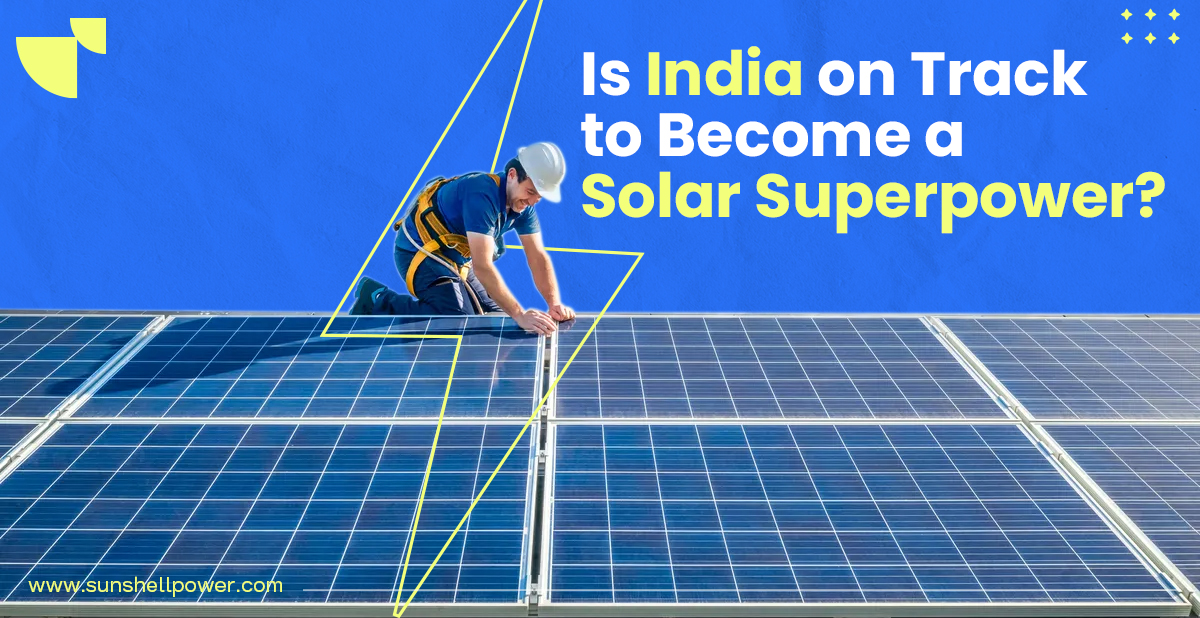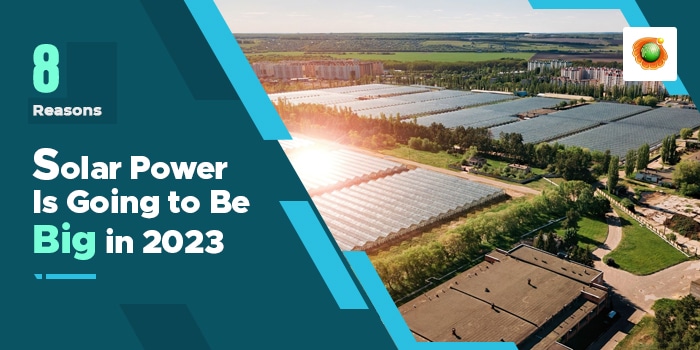Solar energy works by transforming solar energy into power. Electricity and heat are the two energy types that the sun produces for human use. Both are produced through the installation of solar panels, which can be as small as those on a homeowner’s roof or as large as those covering acres of rural land.
Solar energy will become even more affordable in the upcoming years thanks to advancements in technology. It’s possible that by 2030 solar energy will be the primary source of energy for producing power in a significant portion of the planet. Additionally, this will benefit the ecology and combat climate change.
The Solar Futures Study investigates the contribution of solar energy to the development of a carbon-free electric grid. According to a study released on September 8, 2021, by the National Renewable Energy Laboratory (NREL) and the Solar Energy Technologies Office (SETO) of the U.S. Department of Energy, solar energy could supply up to 40% of the country’s electricity by 2035 and 45% by 2050 with aggressive cost reductions, encouraging policies, and widespread electrification.
In this article, we will discuss 8 reasons why Solar Power is going to be Big in 2023.
1. Future Is Bright
Geopolitical unrest and trade uncertainty have temporarily hampered solar capacity growth, but it will still increase over the coming years and surpass a terawatt of worldwide solar power generation by 2023.
2. Solar Power Lowers Your Energy Costs
Your electricity expenses may be eliminated or reduced as a result of the solar power your panels produce from the sun. Having a solar energy system enables you to create your power, which acts as a form of insurance policy against the consequences of future electric rate hikes. Grid power is becoming more expensive. Especially with monthly savings increasing over time as power costs rise, avoiding the rising electricity rates during the 25-year lifespan of your system is quite alluring.
3. Your Home’s Value Rises Thanks To Solar Power
This shows that installing solar provides extra value to the property of a typical home based on the current median value of homes. After deducting the solar tax credit, this amount represents a sizeable fraction of the system’s overall cost. Solar would still be a wise investment even if you planned to move within the next several years. Not to mention, you’ll also spend less on energy before the move.
4. Solar Power Is A Wise Investment
For a domestic solar energy system, homeowners typically see a return on investment of between 10 and 20 percent. On a system that will last 25–30 years, this represents a payback period of only 5–10 years. A solar system’s return on investment might be regarded to have a substantially lower risk profile. You will undoubtedly keep using electricity, therefore the investment income from solar (in the form of reduced electric bills) is quite stable and dependable. We believe that when people analyze the investment case for a home solar system, they frequently miss this fact.
5. Utilize The State And Federal Incentives
Many people opt for third-party ownership of their solar and batteries, which gives them access to all the system’s advantages for a low monthly fee, while others opt to purchase their systems entirely. Depending on where you live, the federal investment tax credit (ITC), state tax credits, and cash rebates can help you pay for a significant percentage of the cost of your solar PV system and potentially help you pay it back in a reasonably short period. Find tax credits and rebates offered in your area by visiting the Database of State Incentives for Renewables & Efficiency (DSRE).
You should act quickly if you’re considering getting solar batteries and panels for your home. Through 2022, the tax credit lowers the price of a solar installation by 26%, which includes the cost of solar battery purchase. Remember that the tax credit is expected to decrease to 22% in 2023 and gradually disappear after 2023. Thus, now is the ideal time to switch to solar power.
6. Long-Term Benefits Come From Solar Panels
Your solar panels could provide you with long-lasting, clean power for decades if managed and maintained properly. Manufacturers often provide performance guarantees and warranties for their products, and solar panels are made to last more than 25 years. The expected lifespan of your solar panels is 20 to 30 years.
7. Solar Energy Benefits The Environment
No greenhouse gases or air pollution are produced by solar energy. By substituting a renewable energy source for other non-renewable energy sources like coal, oil, and gas, we may stop relying on fossil fuels to provide our electricity. To reach the Biden Administration’s goal of ending the usage of fossil fuels by 2035, we must lower our carbon footprint, and solar panels are the most effective way to do this.
8. When There Is No Power, Battery Storage Keeps The Lights On
The solar energy that your solar panels produce can be stored using batteries. Additionally, you’ll be able to continue using your appliances during a power outage, such as your refrigerator, preventing food spoilage and avoiding additional grocery shop trips and wasted money. The 26% solar tax credit is also applicable to solar energy storage batteries. Thanks to advances in technology, solar batteries, and home energy storage options are now substantially more affordable.
The Bottom Line
In many places of the world, solar will achieve a Levelized cost of energy by 2023 that will render it incomparable to fossil fuels. Solar electricity may be used to power objects as tiny as a watch or as large as a metropolis, making it flexible and quick to install, which should lead to an increase in solar installations over the next ten years. The environment may benefit greatly from this as well.





